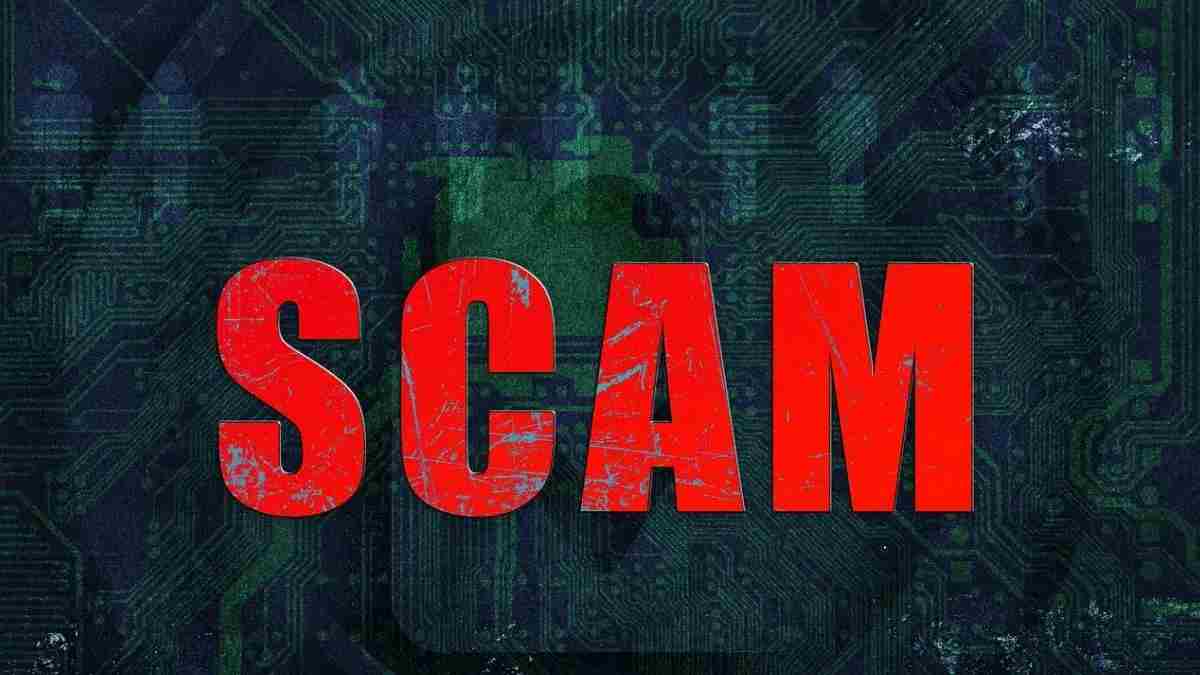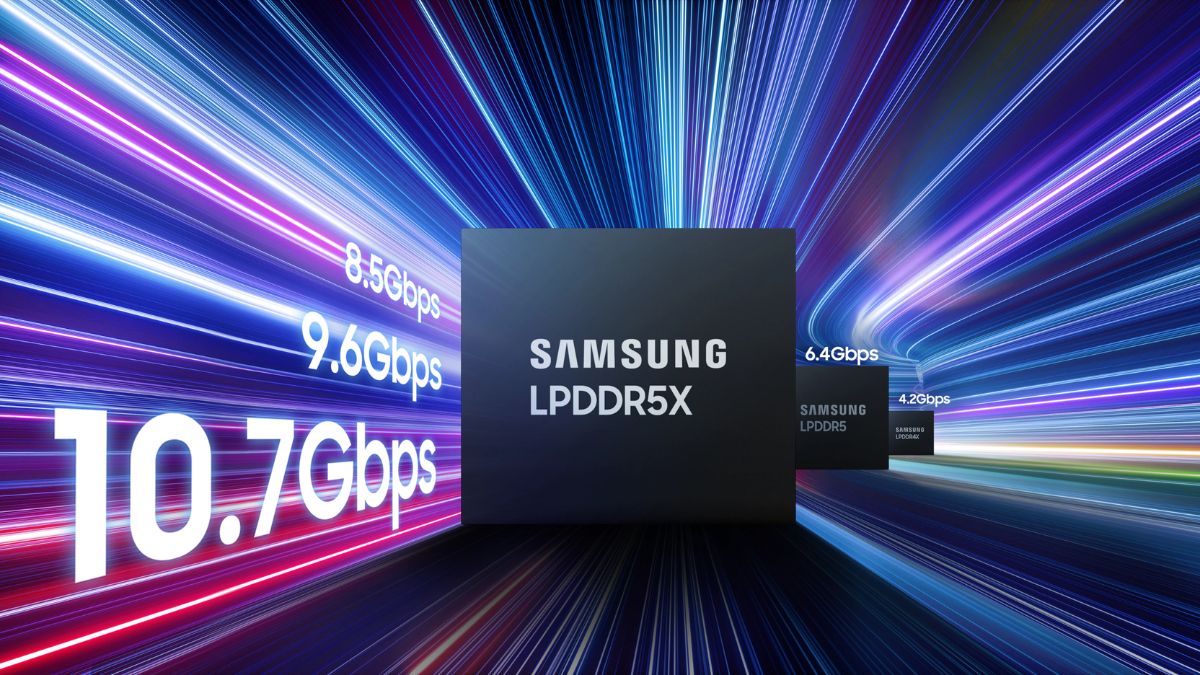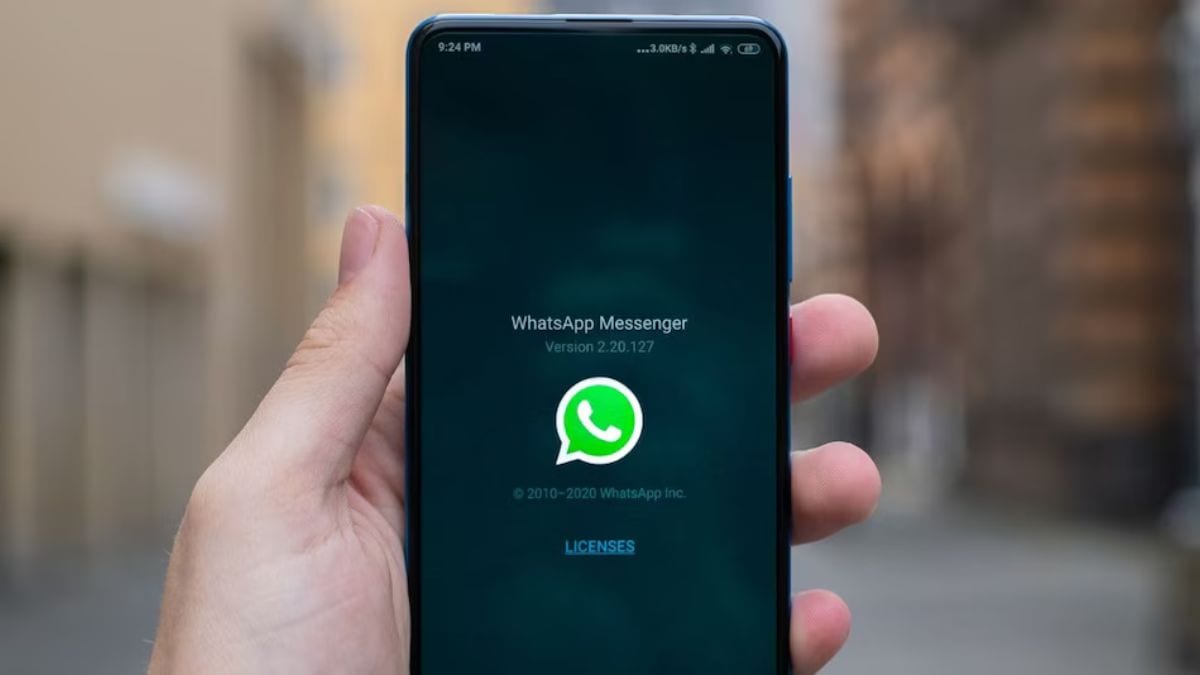
<p><em><strong>By Arjun Mittal</strong></em></p>
<p><span style=”font-weight: 400;”>India’s digital economy is booming, but with this success comes a seedy side track, software licensing scams. These deceptive practices are frighteningly on the rise, targeting individuals, freelancers, startups, and even small and medium-sized enterprises seeking affordable access to professional-grade software.</span><span style=”font-weight: 400;”><br /></span><span style=”font-weight: 400;”><br /></span><span style=”font-weight: 400;”>In 2023 alone, India reported a 25% increase in cybercrime complaints, as per NCRB data, with a significant portion linked to online frauds, including software piracy and licensing scams. What makes these scams particularly dangerous is that they often appear legitimate, offering what looks like authentic software licenses at discounted prices. But behind that bargain lies the risk of malware, data theft, and even legal trouble.</span></p>
<h3><span style=”color: #ba372a;”><strong>The Rise of a Silent Threat</strong></span></h3>
<p><span style=”font-weight: 400;”>One common scam in this category is that of someone offering “lifetime licenses” of common programs such as Microsoft Office, Adobe Photoshop, or AutoCAD at a few per cent of the price charged by the official company. These packages get promoted through unofficial channels, Telegram groups, social media groups, WhatsApp forwards, or even street-level small-time retailers. The vendor may promise a “corporate license” or an “OEM version” and often insist on payment in UPI or cash, providing no GST invoice or authentic receipt.</span><span style=”font-weight: 400;”><br /></span><span style=”font-weight: 400;”><br /></span><span style=”font-weight: 400;”>After the installation of the software, users end up in a vulnerable situation. Most such pirated or illegal versions cripple security updates and antivirus measures, exposing computers to cyberattacks. A 2022 IDC report revealed that 60% of pirated software has malicious code in it that may steal personal information, monitor users, or take control of systems.</span><span style=”font-weight: 400;”><br /></span><span style=”font-weight: 400;”><br /></span><span style=”font-weight: 400;”>In the long term, such shortcuts end up costing more than the amount saved. To companies, the stakes are even greater. Companies found operating illegal software can be prosecuted under the Indian Copyright Act, 1957, with penalties of up to ₹2 lakh and possible jail time.</span></p>
<h3><span style=”color: #ba372a;”><strong>Why India is a Target</strong></span></h3>
<p><span style=”font-weight: 400;”>There are several reasons why software scams are thriving in India. The nation has a large pool of price-sensitive consumers, a thriving freelance and startup culture, and low awareness regarding licensing models. Most users do not know what a proper software license is. OEM, retail, or volume license are terms that perplex consumers, making them prime targets for scammers.</span><span style=”font-weight: 400;”><br /></span><span style=”font-weight: 400;”><br /></span><span style=”font-weight: 400;”>Further, India’s informal technology retailing sector is not strictly regulated. Small IT stores or neighbourhood technicians, unwittingly or with knowledge, might sell pirated software as part of system upgrades or installations, contributing to the issue.</span></p>
<h3><span style=”color: #ba372a;”><strong>What a Genuine License Looks Like</strong></span></h3>
<p><span style=”font-weight: 400;”>A legitimate software license always comes with transparency. There is a clear invoice with tax details, a verifiable license key, and access to official customer support and updates. Brands like Microsoft and Autodesk allow users to verify their license online. If you’re ever in doubt, checking with the software provider is a smart step.</span><span style=”font-weight: 400;”><br /></span><span style=”font-weight: 400;”><br /></span><span style=”font-weight: 400;”>More significantly, genuine software is hardly ever on offer at throwaway prices. Watch out for offers of high-cost software packages for a few hundred rupees or “one-time payments for lifetime access.” Most of these are not endorsed by the original authors and are meant to crash after a few months,or worse, serve as a backdoor for hacking.</span></p>
<h3><span style=”color: #ba372a;”><strong>Staying Safe Without Breaking the Bank</strong></span></h3>
<p><span style=”font-weight: 400;”>It doesn’t always have to cost a fortune to protect yourself. Most software houses provide the option of student versions, trial runs, or cheaper packages for small enterprises and individual users. Open-source versions are also catching up,software like GIMP for image editing or LibreOffice for word processing provides excellent functionality without the risk of legal or security issues.</span><span style=”font-weight: 400;”><br /></span><span style=”font-weight: 400;”><br /></span><span style=”font-weight: 400;”>Being watchful for the point of purchase, checking the vendor’s credentials, and demanding proper documentation are easy but useful methods of avoiding getting caught out. If you’re buying software for your office, make sure the IT staff is informed about licensing rules on compliance. And if something doesn’t sit right, it probably doesn’t, leave it alone.</span></p>
<h3><span style=”color: #ba372a;”><strong>Reporting and Awareness</strong></span></h3>
<p><span style=”font-weight: 400;”>Creating awareness is most important. If you encounter a suspected scam, report it on the National Cyber Crime Reporting Portal (cybercrime.gov.in) or alert the anti-piracy team of the software brand. Each report helps make the digital environment safer.</span><span style=”font-weight: 400;”><br /></span><span style=”font-weight: 400;”><br /></span><span style=”font-weight: 400;”>In the age of hyperconnection, software isn’t merely a utility; it’s the cornerstone of how and where we work, communicate, and innovate. Cutting corners might seem like a convenient choice right now, but it can lead to a whole host of issues, ranging from data breaches to loss of money. By being just a little bit diligent, Indian users can avoid software licensing pitfalls and create a safer, legal, and productive digital realm.</span></p>
<p><span style=”font-weight: 400;”>(The author is the co-founder of Techjockey)</span></p>
<p><span style=”font-weight: 400;”>Disclaimer: The opinions, beliefs, and views expressed by the various authors and forum participants on this website are personal and do not reflect the opinions, beliefs, and views of ABP Network Pvt. Ltd.</span></p>







